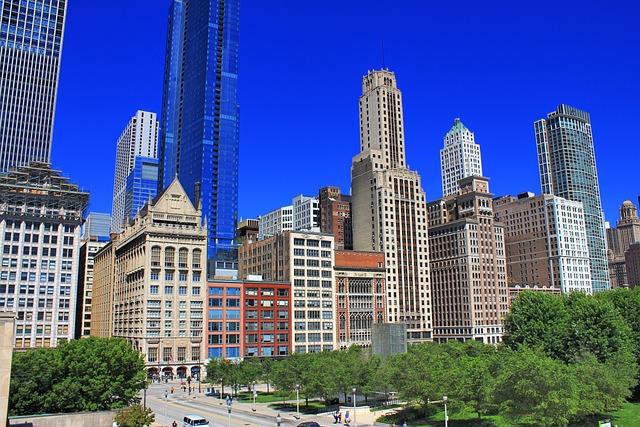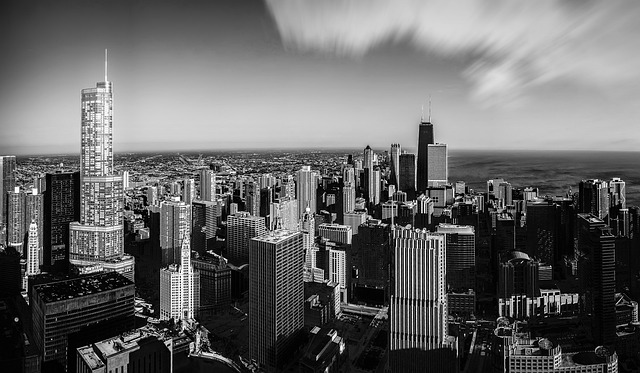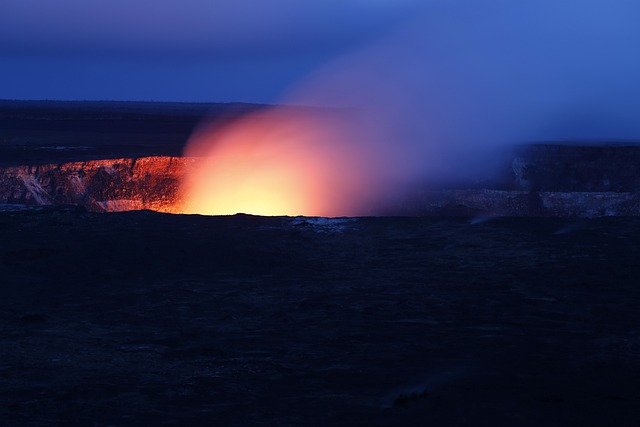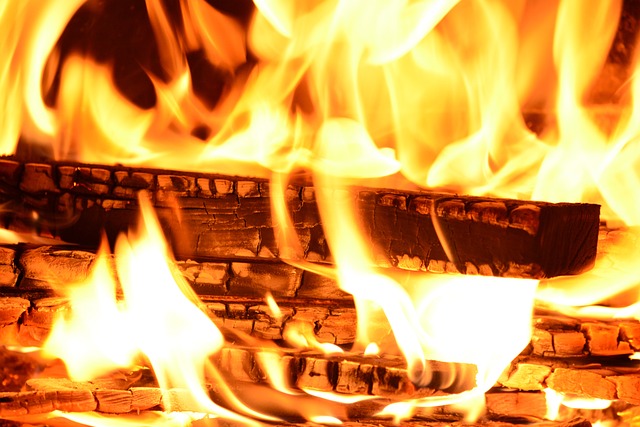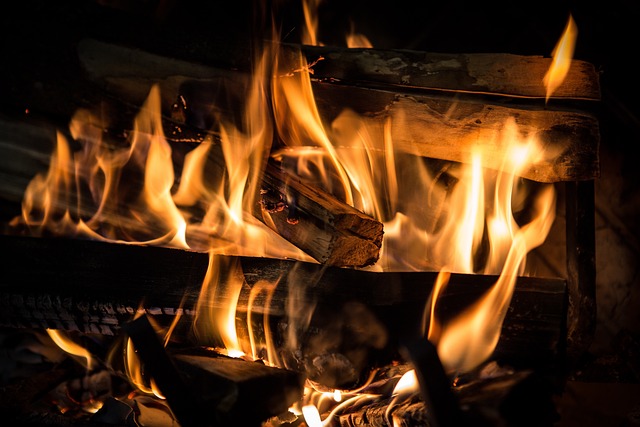When selling a house with fire damage in Chicago, transparency is legally required under Illinois law, which mandates disclosing all structural, water, or fire damage to potential buyers. Sellers must accurately report past fires and repair efforts, ensuring compliance with local regulations for safety and fairness. Non-compliance can lead to legal issues like contract breaches and fraud allegations. Adhering to these guidelines protects both parties, fosters open communication, and enables informed buyer decisions during the renovation process.
“Chicago housing regulations, particularly regarding fire damage disclosure, are stringent to ensure safety and transparency in real estate transactions. This comprehensive guide delves into the intricacies of understanding and navigating these regulations. We explore critical aspects such as fire damage disclosure requirements for sellers and the legal repercussions of withholding information. Additionally, homeowners looking to repair and sell properties after fire damage in Chicago will find valuable insights on adhering to local guidelines.”
- Understanding Chicago's Housing Regulations: A Comprehensive Overview
- Fire Damage Disclosure: What Sellers Need to Know
- The Legal Implications of Withholding Information in Real Estate Transactions
- Repairing and Selling: Navigating Chicago's Fire Damage Guidelines for Homeowners
Understanding Chicago's Housing Regulations: A Comprehensive Overview
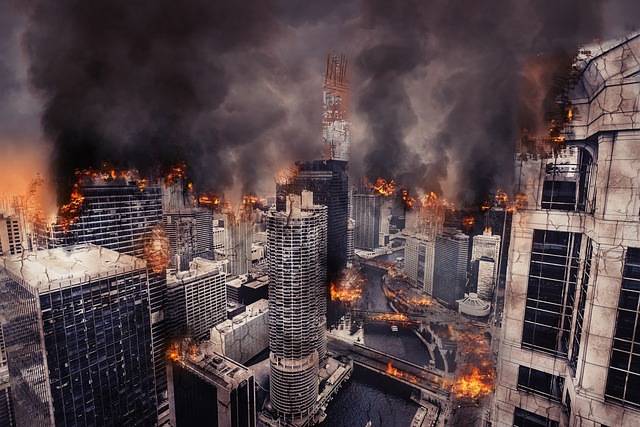
Chicago’s housing regulations are designed to ensure safety, quality, and fairness in the city’s real estate market. For homeowners looking to sell a house with fire damage Chicago, understanding these rules is crucial. The first step involves evaluating any necessary repairs and ensuring compliance with building codes, which can vary depending on the extent of the fire damage. Local authorities provide guidelines for rebuilding and renovation projects, focusing on structural integrity and accessibility standards.
When selling a property affected by fire, transparency is key. Chicago’s housing laws mandate detailed disclosures about any previous damage or renovations, including fire-related incidents. Homeowners must disclose these details to potential buyers to avoid legal issues later. This process facilitates open communication and empowers buyers to make informed decisions, ensuring a smooth transaction for both parties.
Fire Damage Disclosure: What Sellers Need to Know

When selling a house with fire damage in Chicago, transparency is key. Illinois law requires sellers to disclose any known instances of structural damage or water damage, and fire damage falls under this category. Failure to do so could lead to legal issues post-sale. Sellers must accurately report any fires that have occurred within the property’s history, detailing the extent of the damage and the efforts made for repair.
This includes informing buyers about the nature of the fire damage—whether it was a small kitchen blaze or a more significant incident affecting multiple rooms. Chicago’s strict housing regulations aim to protect buyers, ensuring they make informed decisions when purchasing real estate. Sellers must provide all relevant information to avoid potential disputes and ensure a smooth transaction process.
The Legal Implications of Withholding Information in Real Estate Transactions
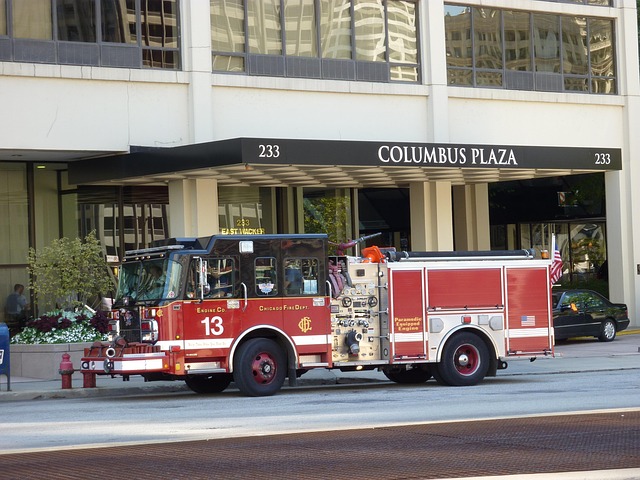
In real estate transactions, transparency and disclosure are paramount. When selling a house with fire damage in Chicago, it’s crucial to understand the legal implications of withholding information. Sellers have a duty to disclose any known material defects, including fire damage, to potential buyers to ensure fair and transparent dealings. Failure to do so can lead to significant legal consequences, such as breach of contract, fraud claims, and even personal liability for damages.
Real estate laws in Chicago strictly enforce these disclosure requirements to protect homebuyers from unforeseen issues that could impact the property’s value or safety. Sellers who attempt to conceal fire damage may face not only financial penalties but also the potential revoking of a sales contract. It’s essential to consult with legal professionals and follow local regulations, especially when dealing with properties that have undergone partial or significant renovation due to events like fires.
Repairing and Selling: Navigating Chicago's Fire Damage Guidelines for Homeowners

In Chicago, repairing and selling a home damaged by fire comes with specific guidelines to ensure safety and compliance with local regulations. Homeowners must first assess the extent of damage and consult with certified professionals to determine the feasibility of repair or reconstruction. The city’s fire damage guidelines focus on structural integrity and hazard mitigation, ensuring that any repairs are up to code and do not pose additional risks.
When preparing a house with fire damage for sale in Chicago, it’s crucial to prioritize rebuilding efforts on areas affected by the fire. This may include replacing charred or damaged materials, reinforcing structural elements, and installing modern safety features such as smoke detectors and fire suppression systems. Transparency is key; potential buyers should be fully informed about the history of fire damage and the extent of the repairs undertaken, making it essential to maintain detailed records and documentation throughout the renovation process.
When considering selling a house with fire damage in Chicago, it’s crucial to understand the city’s specific regulations and legal implications. From fire damage disclosure requirements to the guidelines for repairing and selling, these rules are designed to protect both homeowners and buyers. By being transparent and adhering to these regulations, you can ensure a smoother transaction. Remember, proper navigation of these guidelines not only facilitates a successful sale but also fosters trust in Chicago’s real estate market.
